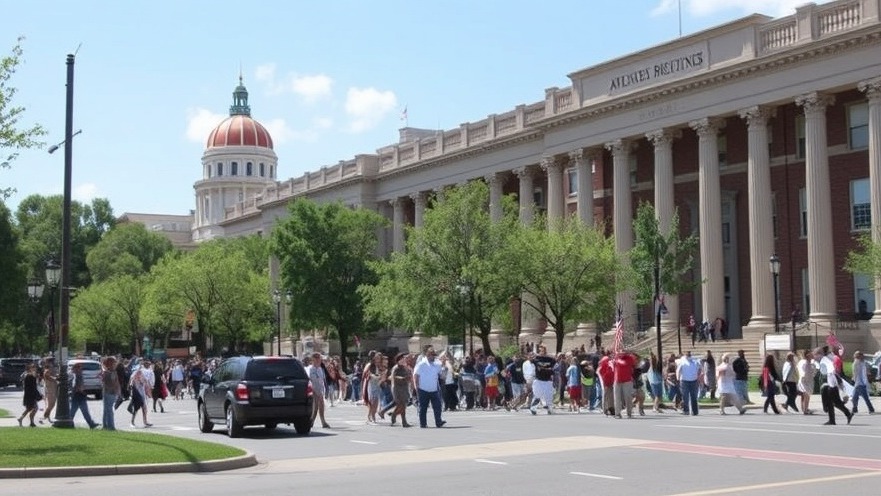
A New Legal Battle for Social Media Control
The tech industry is striking back against state regulations as NetChoice, a prominent tech industry group, has filed a lawsuit against Arkansas. This legal action comes in the wake of new laws introduced by the state that impose limits on what can be shared and how parents interact with children on social media platforms. The focus of this litigation stems from a series of legislative efforts, including the Social Media Safety Act, introduced by Governor Sarah Sanders.
In 'Tech industry group sues Arkansas over new social media laws,' we explore the implications of this legal battle sparked by the recent restrictions.
The Controversial Social Media Safety Act
Initially announced in April, the Social Media Safety Act aims to protect children in Arkansas when using social media. One notable provision allows parents to sue if they believe social media contributed to their child's suicide, potentially resulting in civil damages of up to $10,000. Critics, including NetChoice, argue such laws are not only overreaching but may also have unintended consequences, limiting the availability of platforms and sharing freedoms.
Understanding the Wider Impact
Arkansas is not alone in this struggle. Several states are starting to implement similar restrictions, raising broader questions about social media governance. The challenge now lies in balancing the need for internet safety, especially for younger users, against the risk of stifling innovation and free expression online. A pivotal element of this debate is how these laws will affect the burgeoning startup culture and small businesses reliant on social platforms.
The Future of Social Media Legislation
As states continue to introduce restrictions, the lawsuit filed by NetChoice could have significant implications not just for Arkansas, but for how states approach social media regulation nationwide. The outcome of this case may set precedents that either empower states to take control or reinforce the importance of protecting digital free speech on social media platforms.



Write A Comment